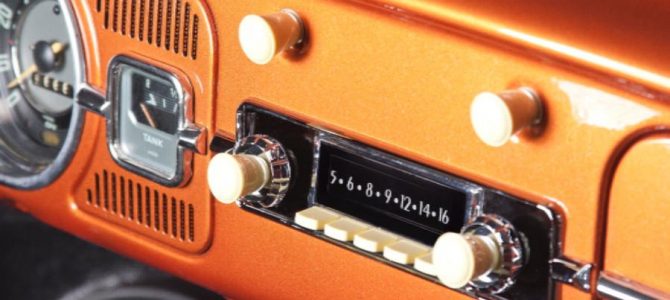What kind of music do you like? This is a question I ask every new guitar student on our first meeting, so I can gear what we learn towards what they listen to.
Interestingly enough, most adults will answer “I like all kinds of music.” There is the odd one who will be quite specific in their taste; country, jazz, rock. And some will only tell me what they DON’T like. “I like everything except country. Don’t make me play country.”
When it comes to the younger students, these days I’ll ask them where they find and listen to new music, and the answer is most often on YouTube or from their friends. In fact, a lot of the time they don’t even remember.
My generation, the Boomers, and the next generation, Gen X, mostly found our favourite music on the radio. Whether it was on the old radio/record player cabinet our parents owned, on the family car radio, or our own transistor radios, we were always plugged in to the latest hit songs.
If we really liked a song, we’d buy the 45. The single. If we really liked the band, then LPs, or “long playing” albums, were the next step up. I bought my first LP at the local drug store. It was a Three Dog Night record. I wasn’t particularly fond of Three Dog Night, but that’s what the drugstore had. I think I still might have it somewhere.
A.M. radio was pretty popular when I was a kid, and the mix of songs, now called “Free Form Radio”, could be quite eclectic. You might hear a pop/rock song like The Guess Who’s “These Eyes”, then a country song like Johnny Cash’s “A Boy Named Sue”, followed by the Edwin Hawkins Singer’s gospel song “Oh Happy Day”, and Bob Dylan’s folk/rock song “Lay, Lady, Lay”, all in the same afternoon. It was a great format because you were exposed to a long list of different genres. The DJs were the ones who decided what they wanted to play, based on their whims and their listener’s requests.
Eventually, radio stations started to create playlists. They would target specific audiences or ages and, in my opinion, they kind of ruined a good thing.
I actually worked at a radio station for a year back in the early 1990s. The playlist was only about 500 songs, targeting people who were teenagers in the 1950s and early 60s. 500 songs sounds like a lot, but when you listen to it all day, every day, your eyes start to roll to the back of your head.
I got pretty tired of Elvis. Forgive me.
Ten years ago when I would visit my Dad, who had Alzheimer’s, at his care facility, I would bring a CD player and CD with some of his favourite songs for him to listen to. What always struck me was that, even if he was in somewhat of a stupor when I first arrived, as I turned on those songs, it also turned on his brain. He came alive. He’d smile, sing along, and start chatting away.
Even after the music was turned off, he would still be engaged and chatty. It was wonderful.
What I learned was that music is a “full brain” experience and that, in Alzheimer patients, there are studies that show that their brain activity and function increases when they hear their favourite songs.
When you learn to play a new instrument, it’s like exercise for your brain. In later years, many people can still play their instruments perfectly well and sing along, even if they can’t remember what they had for breakfast!
Most of you would probably include the songs you listened to as a teenager in your list of favourites. There’s a physiological reason for that. According to an article in Psychology Today, “we grow more attached to the music we hear as adolescents than at any other time in our life because of our neurons. When we love hearing a song, our brain’s pleasure circuits get activated and the brain releases dopamine, serotonin, oxytocin, and other neurochemicals that make us feel good. Our prefrontal cortex retains the personal memory music evokes.”
You’ve probably had that experience of hearing an old song that you love and remembering a very specific time, a scene, or an experience from your youth. Like it was yesterday. The infamous Dick Clark claimed that “Music is the soundtrack to your life.”
In the last few months, I have been gathering all the cuts to my life’s soundtrack, just to have them in one place. I play those songs in my car when I’m out for a drive, just trying to get away from the craziness that has been happening in the world. Give me some of that serotonin! The feelings and memories those old songs evoke are uplifting, and remind me that there have been better times.
And there will be better times again. Play on.

